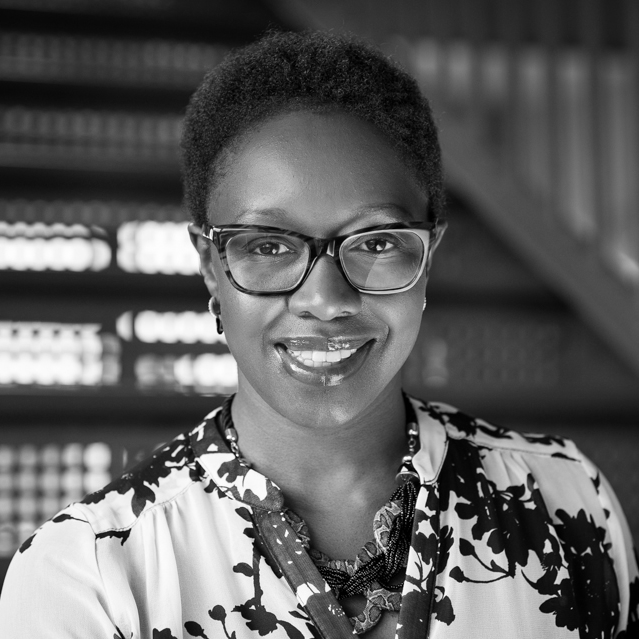If knowledge is power – Can we disrupt leadership through Masterclasses?
Posted on

This month has been crazy busy at DigitalHealth.London. To name a few things that we’ve had on our ‘to do’ and ‘delivered’ lists: Events where we had tangible presence in terms of speaking and/ or exhibiting included London Tech Week; NHS Confed; Westminster Health Forum; HealthTechX Europe; Digital Healthcare Show, to name a few. International development with Cedar Sinai and colleagues at the various Department for International Trade outposts. Events we have organised include the Ecosystem event – Supercharging your virtual consultation agenda, for GPs , Commissioners and Suppliers; and our first Masterclass – Internet of things in focus together with the London Leadership Academy and University of Reading which attracted around 60 delegates ranging from NHS clinical fellows, nursing, medical and AHP staff, commissioners, IMT managers, and those in NHS education positions. Then there was the first of 3 ‘Meet the Expert’ sessions for innovators, focussed on funding, titled: ‘Digital Health – A funding market update, what is a fair valuation, deal terminology and what to look out for’, plus Innovation Clinics for digital health innovators to top it off. We also spent the month interviewing 63 high potential digital health companies that had applied to join Cohort 2 of the DH.L Accelerator programme, to launch in September 2017. Finally, we launched our Digital Leadership in in London’s NHS Report, which has been very well received. It has been a very exciting month! (and I may have missed something).
For me though, of all the activities I’ve been involved with in June, the one that has got me thinking and reflecting the most, is the Masterclass. More specifically, how can DigitalHealth.London best add tangible value to the growing agenda around digital leadership and capability? As someone who has lived the high points and low points of the NPfIT starting from 2014, has witnessed first- hand the impact of ‘poor’ information, engagement and general literacy around topics relating to health IT, and now digital, I am passionate about the need to ensure a basic level of awareness is brought somehow to NHS staff at all levels within our organisations, from the executive board to the clinicians and operational staff on the ‘shop floor’. We keep hearing that Digital Transformation is less about the Technology and more about the Change and the mindset that leads to that change. My question is, what are the elements that need to come together to help drive that mindset shift?
We delivered our first Masterclass this month focussed on the impact of digital in healthcare. Lesson one centred around the benefits, applications & use cases and challenges around the Internet of Things. With the aim of building awareness and confidence on all topics ‘digital’ amongst clinical and non- clinical NHS staff. Deloitte suggests that “A digital mindset requires us to see old problems and old processes with new eyes. It is a different way of thinking about customers, services, and process. It’s faster, iterative, and adaptable. And if local government and health adopt a digital mindset, the changes can be revolutionary. At its core will be transforming how to think about those using the services as early as possible in service design, while making use of technology as an enabler to co-create services.” We’re also reminded by the Wachter Review of the thinking that part of the reason for slow adoption of digital transformation “..may be that we mistakenly approach digital in healthcare as a technical problem to be solved when in fact it is adaptive – one that requires people themselves to change. Without redesign of workflows we at best risk not realising the full benefits of digital technology, and at worst run the risk of adding more work and more requirements into an already stretched system”. Adaptive change is needed for unpredictable situations, where the approach is to support the emergence of new order through social dialogue, collaborative learning and iterative delivery of new capability. Ron Heifetz known for his work in developing the theory of Adaptive Change practice, states that for the adaptive, change must come from the collective intelligence of the employees at all levels. So, together they learn their way toward solutions.


Notwithstanding the new NHS Digital Academy soon to be launched by NHS England which is targeted specifically at CCIOs and CIOs, how does DigitalHealth.London help to address the need to build the collective intelligence of the employees (including CCIOs/ CIOs perhaps) within the NHS? Building sufficient confidence that we start to see more examples of adoption like the ones described in the Digital Leadership in London’s NHS Report. Can Masterclasses help, and if so, what do our NHS colleagues want to learn through this format? It would be foolish for us to spend lots of time hiking up the levels of the ‘supply’ of solutions in the market place, if the ‘buyer’ landscape is not prepared enough to embrace it, or at least give it a fair hearing. I believe we have an important role to play in this space – building capability amongst our NHS colleagues, but we want to do this with you, not to you. If you’d like to help us shape a Masterclass series that really does what you need, and compliments other existing programmes please talk to us. Get in touch.
Our quick 2 min survey to guage your actual needs can be found here. https://digitalhealthlondon.typeform.com/to/d856GC
Thank you.


